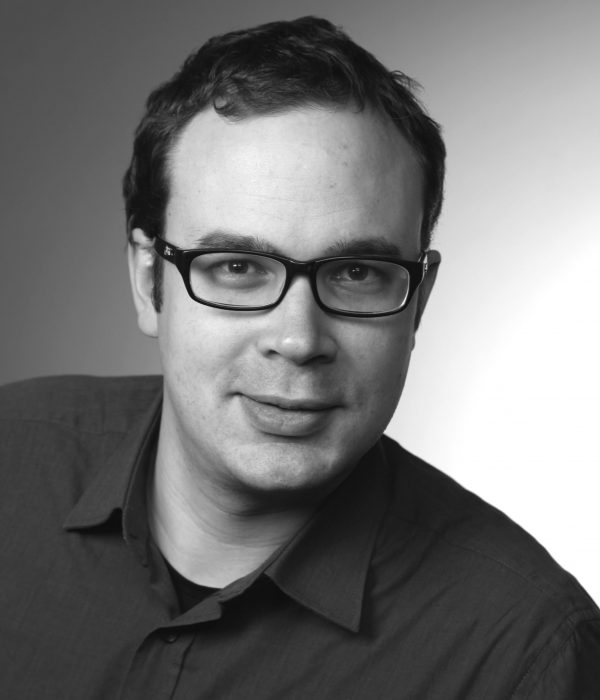2021
Project: Variegated effects of COVID-19 crisis in Tunisia − the inequality-mobility nexus under scrutiny
Dr. Johannes Frische
(Postdoc, Universität Leipzig / Germany)
Johannes Frische is a postdoctoral researcher from Leipzig University with a background in Middle Eastern Studies, History and Religious Studies. During his graduate studies, he specialized in human geography of the MENA region. After having earned his master‘s degree in 2011, Johannes joined the PhD program ‘Critical junctures of Globalization‘ and became a research fellow at Leipzig University. In this position he conducted investigative field research in Tunisia (in the years 2012-13). Focusing on North Africa (especially Tunisia and Morocco), his research interests include development studies, urban sociology, youth studies and migration. Moreover, he has gained broad ranging experiences in international research collaboration. Between 2015 and 2017, Johannes worked as a regional program coordinator with the Friedrich-Ebert-Stiftung in Rabat/Morocco from where he coordinated a network of politically or civically engaged young professionals in the MENA region. His doctoral thesis revolves around urban youth, informality and precarity in post-revolutionary Tunisia. In his fellowship with MECAM IFG II “Inequality and Mobility” he builds on previous research on youth and the urban question in Tunisia while exploring the impact of COVID-19 crisis on mobility.

Project Inequality & Mobility
Johannes’ research project takes into account the socioeconomic repercussions of the pandemic amid Tunisia’s multi-layered crisis while exploring the outreach of both long term and emergency response plans in face of economic hardship resulting from lockdown measures and recession. This aspect involves the role of state institutions and public action in addressing disparity with an eye toward the future. In the early stage of his fieldwork, he conducts interviews with several Tunis-based Civil Society Organizations that work with a territorial based approach to tackle root causes of marginalization and social disintegration, especially among jobless youth in disadvantaged urban areas of Greater Tunis and its hinterland. Moreover, he retraces the integration of informal housing areas where vulnerability and precarity are particularly pronounced.
The output of his fellowship is threefold:
1) Publication projects in different formats
2) Getting involved in the planning of scientific workshops
3) Co-organizing events with Civil Society Organizations (International Alert and Jamaity)
